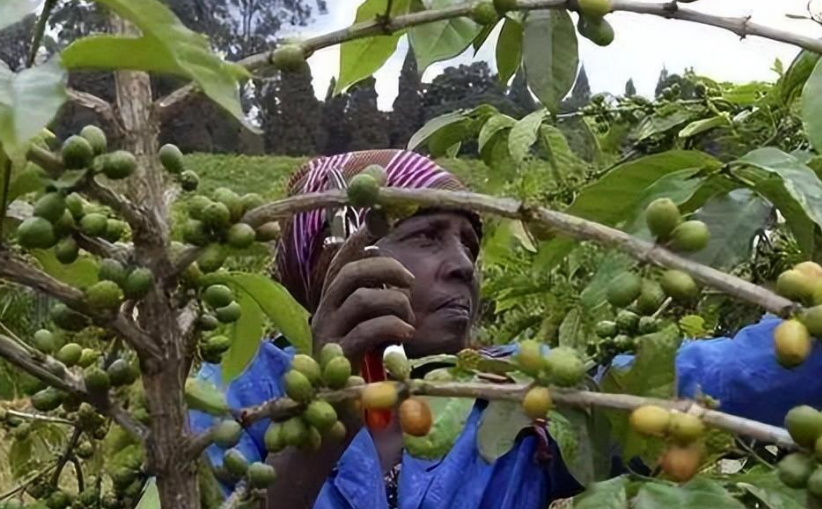At present, there are about 100,000 Chinese people living in Angola, mainly in the capital Luanda and Huambo. There are over 100 Chinese-funded enterprises of relatively large scale, mainly engaged in engineering contracting, housing construction, oil and gas, fishery, communications, commerce and trade, manufacturing and other fields. At present, there are about 500 Chinese companies registered in Angola.
Main INVESTMENT PROJECTS: AGRICULTURE, DRINKING WATER, FISHERY, REAL ESTATE, BUILDING MATERIALS, FURNITURE, PHARMACEUTICAL factory, daily chemical industry, cement production, shoe making, steel rolling, textile and clothing and additional industries.
Trade ITEMS: ALL KINDS OF DAILY NECESSITIES INCLUDING CLOTHING, BUILDING MATERIALS, furniture, home appliances, MOBILE PHONES and accessories, hardware, lamps, stationery, plastic products, steel, iron and other metal BUILDING materials, electrical appliances, automobiles and auto accessories wholesale.
The Chinese are currently operating Chinese supermarkets, hotels, restaurants, travel agencies and vegetable farms in Angola.
At present, the Laude Industrial Park and Yongda Industrial Park are built and operated by Chinese companies.
At present, there are 11 enterprises settled in the Industrial Park, involving ceramic tile, packaging, furniture, daily chemicals, logistics and other industries.
Angola Yongda Industrial Park is invested and built by Zhejiang Yongda Industrial Group Co., LTD., mainly producing electric poles, PE pipes and so on.
There is also a large Chinese trade center in Luanda, the capital, owned by Angola's richest man in China. The trade city is a comprehensive mall. Operating building materials, furniture, household goods, home appliances, department stores, clothing, agricultural trade, catering, medicine and so on.
In Angola, if it is a large Chinese-funded enterprise such as a central enterprise, the construction engineer is about 20,000-30,000 yuan, while the construction engineer of a private enterprise is about 16,000-25,000 yuan. Carpenters, bricklayers and rebar workers earn about 15,000 to 18,000 yuan a month.
Chinese workers at Chinese companies typically earn about 1.5 times to twice as much as their counterparts at home.
At present, it is difficult to operate Chinese hotels and hotels in Angola, with small profits or even losses. There are a large number of Chinese people in Angola. Before the epidemic, many hotels and hotels made considerable profits. The annual profit is about hundreds of thousands of yuan, and the profit on a large scale is about millions of yuan.
Prices in Angola are very high. The price of daily necessities is about 5 times that of China's domestic prices, and the housing price is 3-10 times that of China's first-tier cities. Angola is the most expensive country in Africa.39bet-xsmb-xổ số tây ninh-xổ số binh phước-xổ số binh dương-xổ số đồng nai
Angola has an area of 1.24 million square kilometers and a population of 32.1 million. It is located in southwest Africa, bordering the Atlantic Ocean. The second largest oil producer in Africa and the fifth largest diamond producer in the world, Angola was once known as the "breadbasket of Southern Africa" because of its fertile land and abundant water resources. The official language of Angola is Portuguese.
With proven recovery oil reserves of about 8.16 billion barrels, Angola is the second largest oil producer in Africa and China's largest source of oil imports in Africa.
Angola is divided into 18 provinces with 164 cities, which are divided into districts, townships and villages. The 18 provinces are: Cabinda, Zaire, Uige, Bengo, Luanda, Malange, Kwanza Norte, Kwanza Sul, Lunda Norte, Lunda Sul, Benguela, Huambo, Bi, Huila, Moxiko, Namibe, Kunene, Kwando Kubongo.
 Angola's main export commodities to China are: crude oil, diamonds, minerals, timber, coffee, sisal, fish and fish products, cotton, etc. The main import commodities are: mechanical and electrical equipment, vehicles and spare parts, medicine, food, textiles, etc.
Angola's main export commodities to China are: crude oil, diamonds, minerals, timber, coffee, sisal, fish and fish products, cotton, etc. The main import commodities are: mechanical and electrical equipment, vehicles and spare parts, medicine, food, textiles, etc.
Angola is abundant in natural resources, but it has been mired in civil war. In April 2002, the Angolan government and UNITA signed a cease-fire agreement and began post-war rehabilitation and reconstruction.
According to a 2014 bank survey report, Angola is a huge consumer market. Between the post-war period and 2014, the number of middle class in Angola increased by 700%. It is expected that by 2030, the country will have more than 2 million households with annual consumption of more than $8,500.
Be cautious when investing and trading in Angola. Fraud cases against Chinese in Angola are extremely frequent, not only to guard against local people but also to pay attention to some local Chinese, trade advice full payment TT, payment before delivery. You have to be careful when you invest.
Social security in Angola is a serious problem. Cases of public security in the capital region occur from time to time. Armed robberies, break-ins and kidnappings are also common. Maintain vigilance, improve security awareness, strengthen security measures.
In 2021, bilateral trade between China and Angola totaled $23.34 billion. Among them, China's exports to Angola amounted to US $2.49 billion and its imports to Angola amounted to US $20.85 billion. Angola is China's third largest trading partner in Africa.
According to the data released by the International Monetary Fund in April 2022, the total GDP of Angola in 2021 was $74.5 billion, and the GDP per capita of Angola was $2,331.
The minimum monthly wage in Angola is 32,181 kwanzaa (about US $99) for commerce and mining, 26,817 kwanzaa (about US $82) for transportation, services and processing, and 21,454 kwanzaa (about US $66) for agriculture.